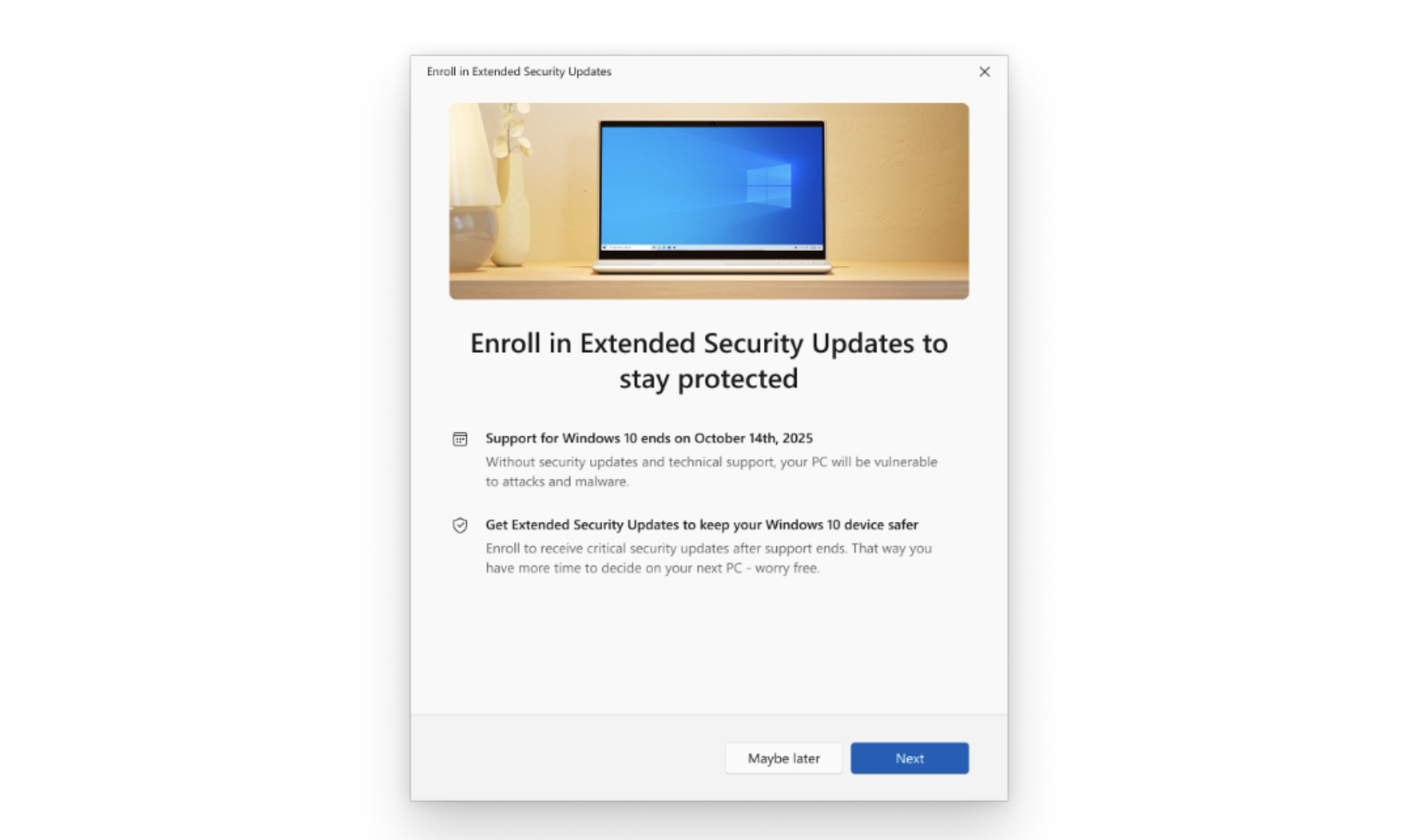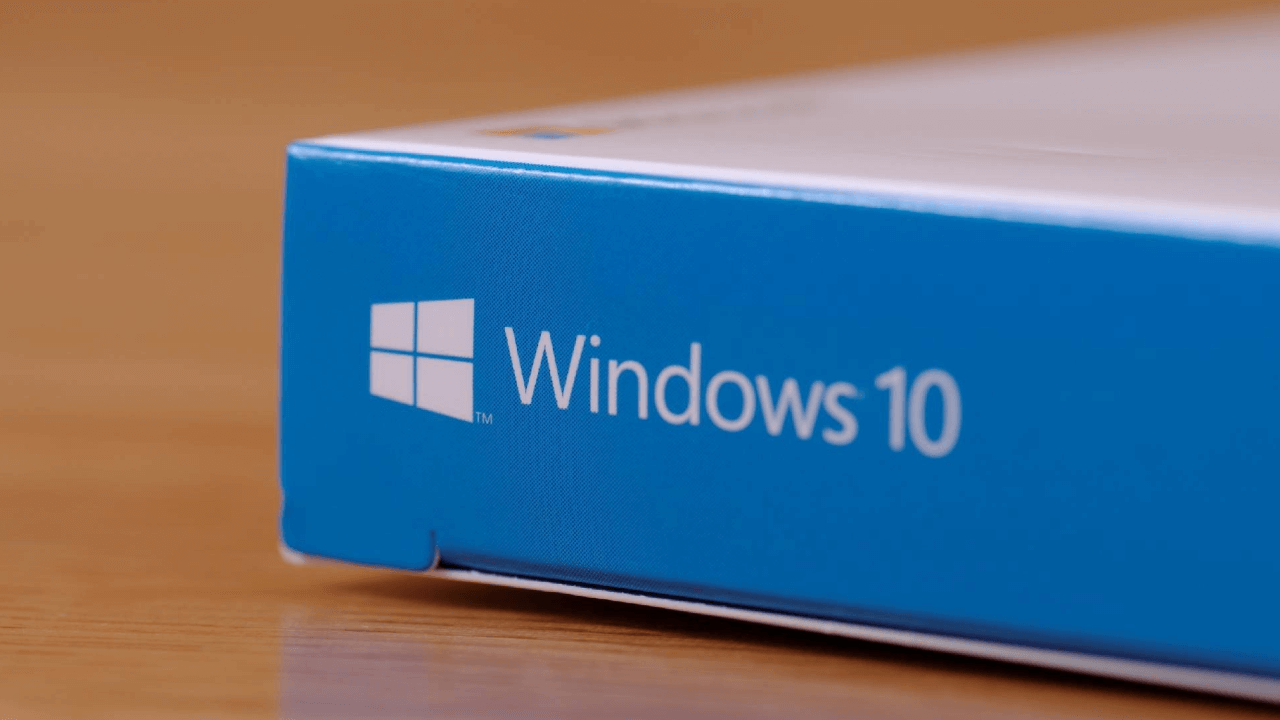Microsoft amended the terms of the Windows 10 Extended Security Updates (ESU) program on Wednesday. However, following complaints, this change only applied to the European Economic Area (EEA). This is due to the EU’s Digital Markets Act (DMA). This law prevents companies from unlawfully bundling their products and services and protects consumer choice. Had Microsoft not made concessions, it could have faced an EU investigation and significant fines.
A Microsoft spokesperson told Windows Central:
“We are updating the registration process in the EEA to align with local expectations. Our goal is to provide customers with a secure and seamless experience and ensure uninterrupted access to critical security updates as they transition to Windows 11.”
The Future of Windows 10
In early 2023, Microsoft announced that security updates for Windows 10 would end in October 2025. Following this decision, the ESU program was implemented, allowing users to extend security support for an additional fee. With this program, users can get an additional year of security updates for $30. The company also offers a few “free” options:

Activating Windows Cloud Backup with a Microsoft account. (Backup runs through OneDrive, and if you exceed the 5GB limit, you have to pay an additional fee.)
Using 1,000 Microsoft Rewards points. (Not everyone has that many points; collecting them is particularly cumbersome in Turkey.)
Planned Obsolescence Debates
Consumer organization Euroconsumers harshly criticized Microsoft in June. The organization emphasized that limiting security support shortens product lifespans and described this approach as “planned obsolescence.”
Planned obsolescence refers to deliberately designing products with short lifespans. This increases sales for major technology companies while costing consumers additional money. Planned obsolescence is a sensitive issue in the European Union. Companies that violate the DMA can face fines of up to 10 percent of their global annual turnover.
Euroconsumers also say Microsoft is forcing consumers to choose between two options: buy a new device that’s not yet ready or continue using their existing device, risking increased security risks.
According to the organization’s data, 22% of PC owners in the EU still use Windows devices from 2017 or earlier. Given Windows 11’s hardware requirements, post-2018 devices are generally considered the minimum level for compatibility.
Users in Europe have gained another year thanks to Microsoft’s concessions and EU regulations. However, the situation is different for users outside of Europe. Those still using Windows 10 must choose one of three options by October 14th:
- Upgrade to Windows 11
- Extend security updates by paying $30
- Activate Windows Cloud Backup or redeem reward points
In short, Windows 10 users will have to make a critical decision next month.













